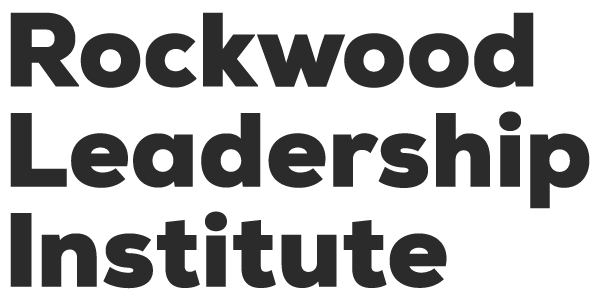
I recently read this article, and it got me thinking. Because I love what I do, I often find it’s hard for me to stop working, so I thought I’d share my tips for getting the most out of your breaks.
1. Plan for breaks.
When my schedule’s full, anything that isn’t on my to do list gets ignored, so I have to include them when I plan my day. I usually take 3 breaks: one short mid-morning for a snack, one for lunch (a built-in break everyone has in their day!), and then another short one in the middle of the afternoon. When I look at my to do list at the beginning of the day, I take into account those times, and adjust accordingly.
Because there are times when I might need a break and it’s not “on my calendar,” I try and anticipate wherever possible. I give myself space around projects/tasks/meetings I think will wear me out, just in case I need it. I also leave a little padding in my day, every day; even if I don’t use it for a break, I wrap up my tasks earlier than I planned, which makes me feel really accomplished for the day, and gives me extra time to work on something low priority but important.
2. Get away from your desk/workspace/office.
If I’m taking a break from work, for obvious reasons, I try not to spend that time at work. I live in a city, so I can take a quick walk to a shop to get a snack, or—even better—to a park where I can get a little nature fix.
For those times when you can’t actually leave the office, you can still “get away” for a bit. I’ve taken what I call “book breaks,” where I sit somewhere away from my desk and read just a few pages of a book (fiction has been known to boost your brain power, by the way). A few exercises, listening to brain-boosting music, or some meditation can also help your mind rest.
Whatever you do, try not to use social media during your break. It’s so easy to do (almost too easy), especially if there’s a lot of interesting articles and stuff your friends are sharing. Social media is like junk food: it feels like it’s filling you, but really, it’s not.
3. Don’t let your break linger.
I do this all the time (especially when I use social media on my break) – my scheduled break time ends, and I try and squeeze in a few more minutes of whatever. Breaks aren’t instantly refreshing; in fact, you might not feel them working for you until a while later. So even if you’re still feeling “meh,” just starting will help you use the energy you gained from stepping away.
4. Know when to stop doing a task entirely.
A lot of my work is creative – graphic design, coding, writing, big-picture strategy. That’s the work I enjoy doing the most, and it’s also the work that uses most of my energy. These draining tasks can actually have an adverse effect on everything else I have to do the rest of the day if I’m not careful. Instead of thinking of my to do list as a list of things I need finish today, I think of it as things I need to do today. If I touch a task for at least 5 minutes, I get to cross it off my list, and if it’s not done, I add it to tomorrow’s. When a task is really not going smoothly for me, I’ll just consider it done for the day and move on.
You can only work so long on a task before your brain gets overloaded, so if you feel the need for a break coming on, consider whether or not you want to return to it when you’re done, or tackle it again tomorrow.
5. Be kind to yourself.
The hardest part about personal ecology for me is that I want to be a superstar and do everything all the time. But the truth is, I deserve time off. I deserve to relax and do things that are related to my personal passions. When I work straight through lunch and through the day, no one benefits. Not me, not the organization I work for, not my family and friends.
In social change work, it can feel a lot like you’re the only person who can do what you do (and in some organizations, you might be). If that’s true, then it’s important to ensure that you can continue to do it. Burnout and disillusionment are very real, and they can keep you from doing your important work well, and for a long time.
So be kind to yourself. Take breaks, however you can.
What are your best break-taking tips?


One Comment